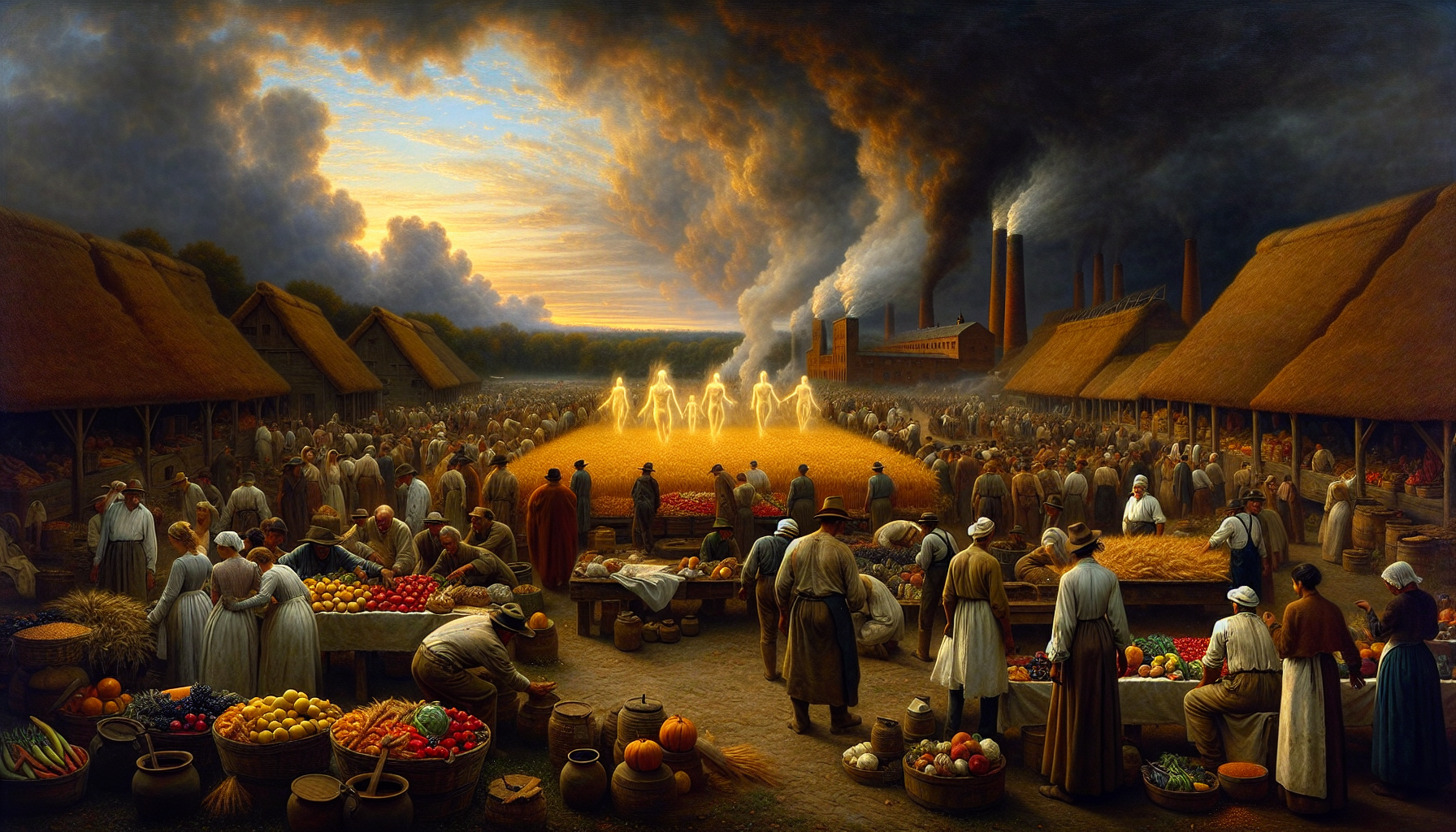The Big Picture |
|
This week, the White House adjusted U.S. trade policy by changing which farm products face extra taxes, known as reciprocal tariffs, when imported. Effective November 13, 2025, some agricultural goods will no longer be subject to these tariffs. This move updates earlier tariff decisions made in April and September 2025 and reflects new information from trade talks and domestic supply needs. The change aims to balance protecting American farmers with ensuring enough supply and fair trade costs, while the administration commits to ongoing monitoring and possible further adjustments.
|
|
Meanwhile, the Environmental Protection Agency (EPA) postponed the start of new safety rules for a chemical called trichloroethylene (TCE) from November 17, 2025, to February 17, 2026. This delay comes as the EPA addresses ongoing legal challenges, keeping current safety standards in place for now. The postponement affects industries and workers handling TCE, a chemical used in manufacturing, by maintaining existing regulations a bit longer. Together, these developments show the government’s cautious approach to adjusting policies that impact trade and industrial safety, balancing economic interests with regulatory oversight.
|
Pattern to Watch |
|
A clear pattern emerging is the government’s careful, phased approach to policy changes that affect trade and industry. The White House’s tariff adjustments and the EPA’s delayed chemical safety rules both reflect a willingness to adapt policies based on new information and legal considerations rather than making abrupt shifts. This suggests a trend toward incremental updates with built-in flexibility, allowing officials to respond to evolving economic conditions and legal challenges. Watching for further tariff modifications or additional regulatory delays in the coming months will indicate whether this cautious, data-driven approach continues or if more decisive policy shifts are on the horizon.
|
|
|

